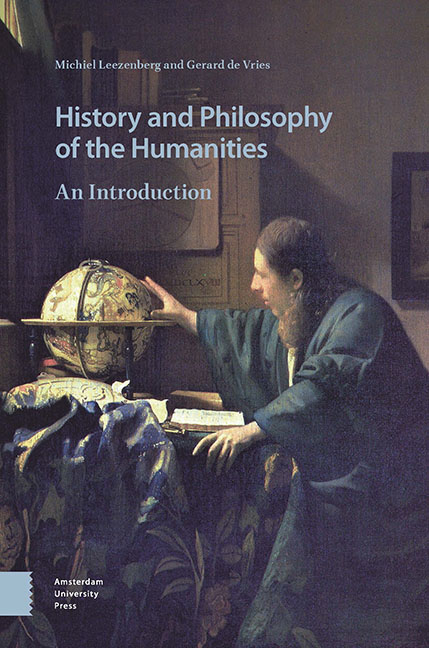12 - Gender, Sex, and Sexuality
Summary
Introduction
Feminist critiques of the universal validity claims of the sciences proceed from the simple fact that, over the centuries, scientific research has mostly been conducted by men. Even today, the majority of academic university staff and academy members are male. This holds in particular, but not exclusively, for the natural sciences and for the higher scientific functions.
Such facts are widely known. But are they also relevant for discussions in the philosophy of science? Do they affect the content of scientific knowledge or the ways in which the sciences are practised and taught? Feminist philosophers of science answer both questions in the affirmative. In doing so, they seem to be turning against not only widely held beliefs concerning science but also against common sense. At first sight, after all, it seems absurd to argue that, for example, the laws of gravity or the hermeneutic process of understanding are specifically masculine. Real scientific knowledge, one could retort, is universal, controlled, and free of ideological distortions concerning gender, race, or class, and to the extent that it is not, it is simply not good science. According to this line of defence, *sexism or *androcentrism may be a deplorable or objectionable trait of the practitioners of science but not of the content of scientific knowledge itself. Or, to speak in terms of classical empiricist philosophy of science, matters of sexism and the oppression of women may well form part of the context of discovery, but they are irrelevant for the context of justification.
Feminist philosophers of science arguing against this line of defence form part of the academic movement of women's studies, which was made possible in part by the second feminist wave of the 1960s and 1970s. The first feminist wave had been confined to demanding universal suffrage and other civil rights for women. In the 1960s, in part due to the improved access of women to higher education, these demands were supplemented with demands for equal rights in education and employment. Under the influence of feminist activism, many universities then established departments of women's studies. Initially, these departments were strongly politicized, but increasingly they became focused on more strictly academic research. In other words, the institutionalization of women's studies in universities and the gradual detachment from more informal and activist women's organizations also brought steady changes to the academic field.
- Type
- Chapter
- Information
- History and Philosophy of the HumanitiesAn Introduction, pp. 313 - 330Publisher: Amsterdam University PressPrint publication year: 2019



